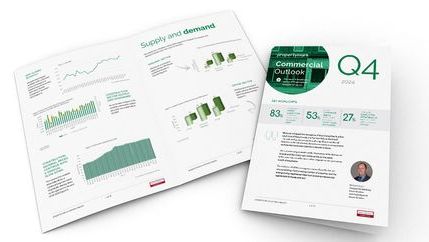- You are here:
- Homepage
- Resource library search
- FAQs: Non-domestic private rented property: minimum energy efficiency standards for commercial property
Related resources
UK Government must focus on affordability to tackle fuel poverty
Propertymark has called for a major shift in how fuel poverty is defined and addressed, with high energy prices and many households struggling to afford heating and electricity. In our response to the Fuel Poverty Strategy consultation from the Department for Energy Security and Net Zero (DESNZ), we advocate the move away from using Energy Performance Certificate (EPC) ratings as a key measure.
Bold Planning and Infrastructure Bill could present opportunities for the property sector
The Bill aims to modernise the UK's planning system, promoting rapid housing development and infrastructure while balancing environmental sustainability. Members should prepare for a dynamic landscape with new opportunities and responsibilities as these reforms take effect, offering new avenues for growth while necessitating adaptability to regulatory changes and a commitment to sustainable development.
Commercial Outlook Q4 2024
As many towns and cities embark on substantial regeneration projects, there is huge potential in the medium and long term in delivering prolonged growth across many commercial channels and as time progresses, we expect to see a substantial keenness from many investors.
Simplified home improvement law to be debated by Lords
Introduced on 7 February 2025, the Permitted Development Rights (Extension) Bill, put forward by Lord Lucas, proposes significant changes to planning laws in England and Wales, establishing new rights for householders to modify their properties in primary legislation for the first time. Propertymark responded to the UK Government's consultation on Permitted Development Rights (PDRs) last year, supporting the reduction of barriers to sustainability upgrades.






